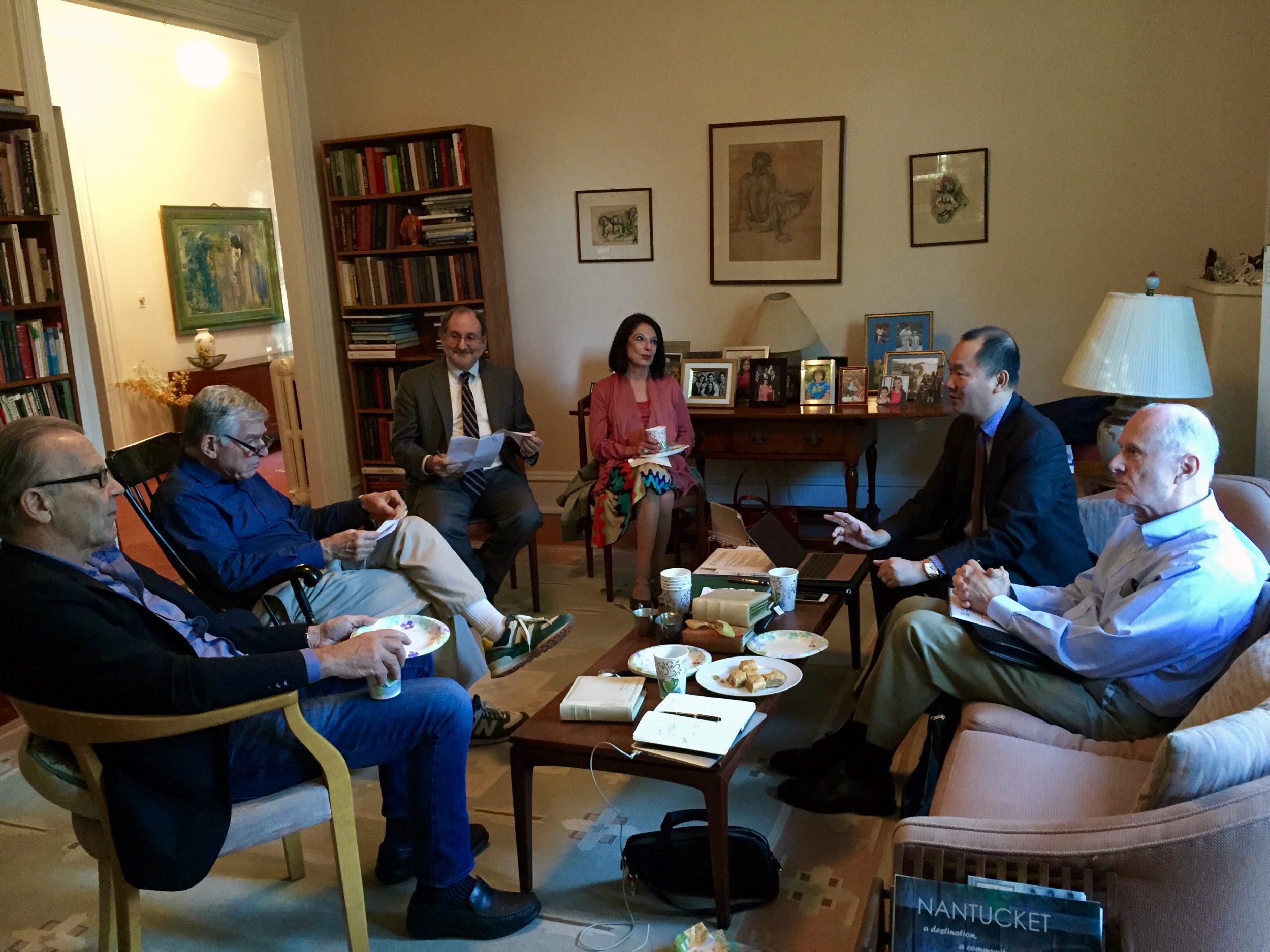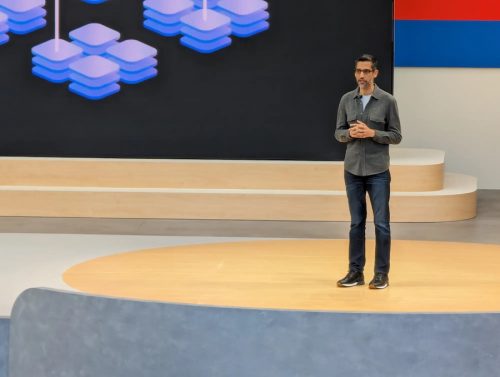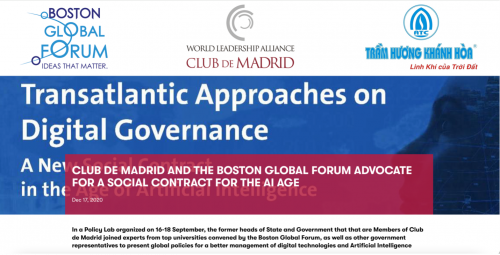This week, AIWS Weekly Newsletter introduces a viewpoint from Russia about the potential danger of AI when used together with cyberattacks and nuclear weapons. Pavel Sharikov, a research fellow at the Institute for U.S. and Canada Studies at the Russian Academy of Sciences, recently offers his perspectives on Stratfor, an American geopolitical intelligence platform.

He considers one of the most pressing problems the vulnerability that nuclear command and control systems may be attacked by sophisticated cyber weaponry that is enhanced by AI technology. At least, it is of special concern for U.S.-Russia relations. “The arms control regime created during the Cold War can no longer guarantee strategic stability. The existence of new technologies, such as cyber capabilities paired with AI, will only amplify this destabilizing trend,” Sharikov wrote.
Looking for a way forward, he suggested that something similar to the Anti-Ballistic Missile (ABM) treaty could be a model for a similar agreement on AI cyber weapons. New norms for negotiation are urgently needed but at the time, he noted, “the current state of U.S.-Russian relations leaves little room for any agreement”, and so called for involvement of expert communities from multiple countries.
The AI World Society (AIWS) welcomes Sharikov’s suggestions (more of his opinion is published here). AIWS can serve as an effective platform for brainstorming toward pathways of conflict escalation and de-escalation.
AI World Society (AIWS) is an initiative launched by Michael Dukakis Institute for Leadership and Innovation, striving to minimize the harm and threats to humans caused by artificial intelligence, and using all the benefits to reform and renovate the social political system in each country and the world towards honesty, integrity, compassion, responsibility and justice.










